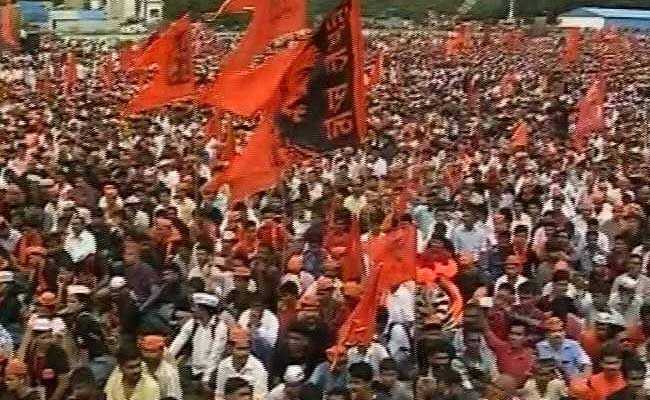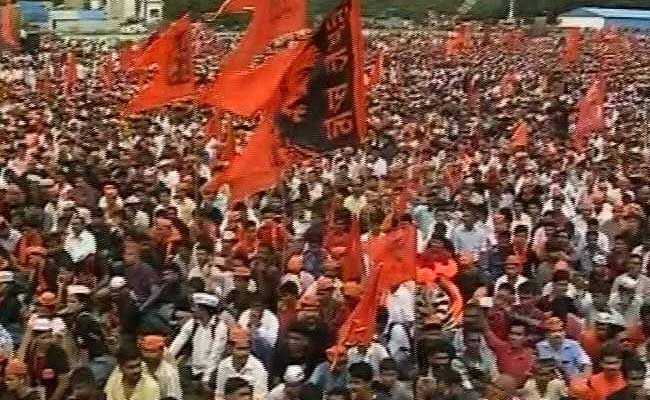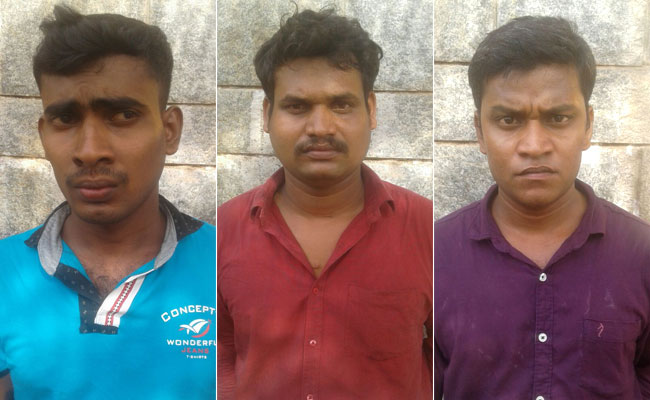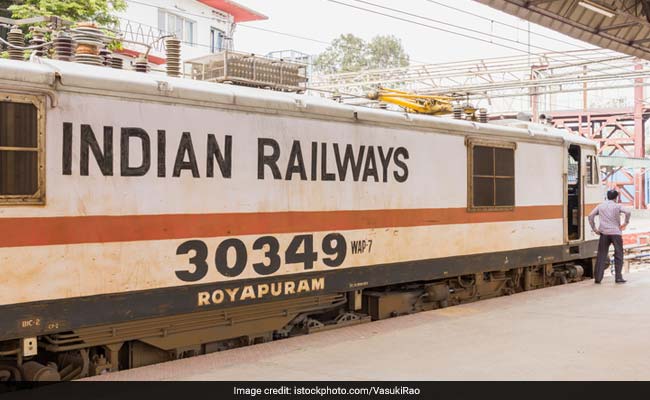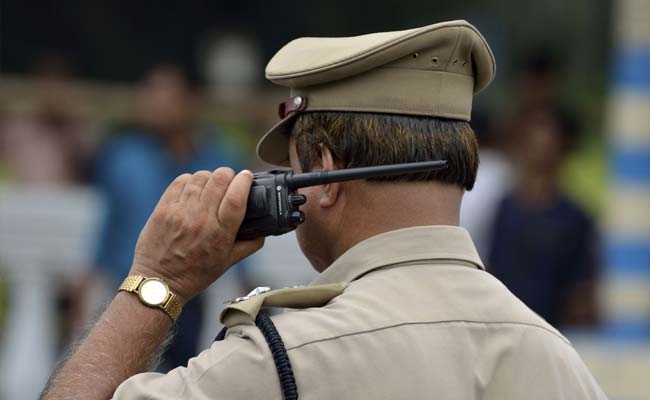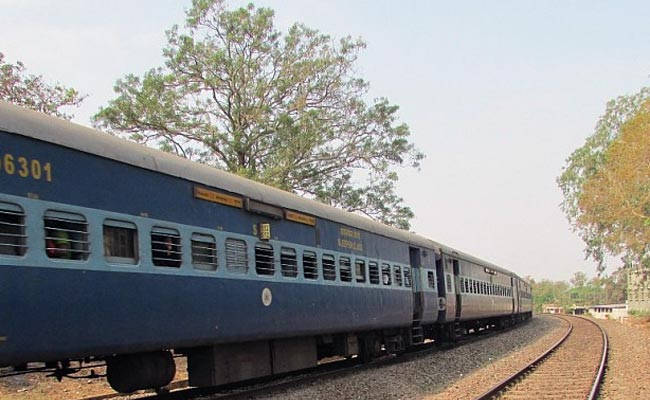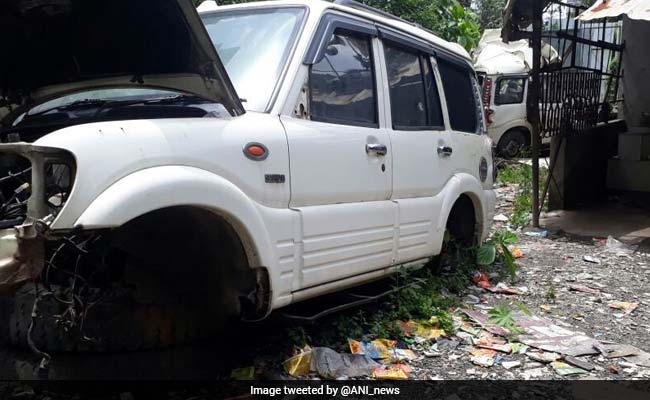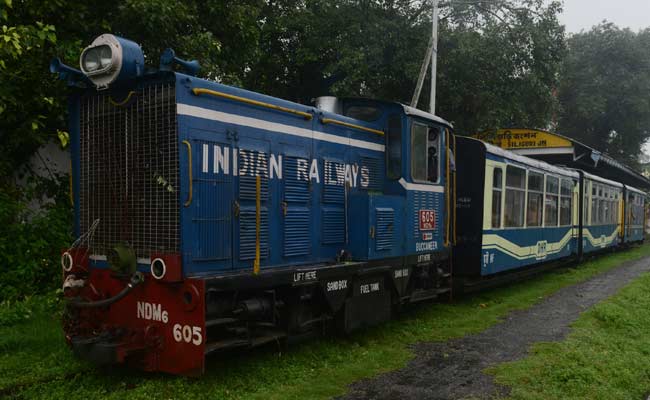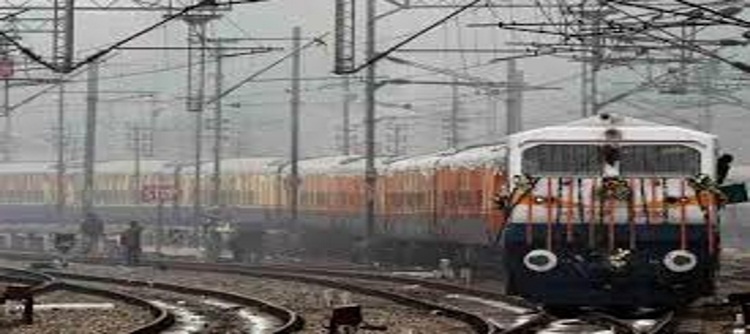
The Goods and Services Tax (GST) Council’s decision to roll back the increase in tax rate for government works contracts comes as a relief for the Indian Railways which had received representations from contractors on increased tax liability on various ongoing projects.
“The GST Council’s decision to cut back GST on contract works to 12% has come as a big relief to us as there was huge uncertainty,” said a senior Railway Ministry official.
“The contractors were demanding more money for contracts awarded before July 1 due to increased tax liability but the Railways had refused to pay for the higher tax amount,” the official said.
The tax on construction activity, including composite work contracts, was increased to 18% from 12% under GST. However, Finance Minister Arun Jaitley announced after the GST Council meeting on Saturday that government works contract, for both Centre and states, will attract 12% GST with input tax credit.
Panel set up
The Railway Ministry has also constituted a committee to examine the impact of GST on the work contracts after receiving representations from contractors on increased tax liability.
Work related to track, construction of bridges, earthwork in embankment, supply, unloading and spreading of ballast, among others were facing increased tax liability after the government’s initial move to increase GST on such projects.
Claiming that a high GST rate on old contracts adversely affecting those in the business, a body of railway contractors here today threatened to go on a strike on August 20. “There is no clarity as to how the GST will be implemented with respect to old railway contracts. Contractors have received no payments since July 1 on account of this confusion.
We had recently met Railway minister Suresh Prabhu with the request to come up with a solution, but to no avail”, national vice president of Indian Railway Infrastructure Providers Association, Ashok Kumar Pathak told reporters here. He alleged that while Prabhu placed the ball in the court of the GST council, the latter refused to take any responsibility by asking us to sort out the matter with the ministry. Pathak said the bone of contention was the GST having been fixed at 12 per cent which was much higher than the VAT which contractors had been paying prior to the new tax regime.
“VAT payable in states like Rajasthan was as low as one per cent while in Uttar Pradesh it was not more than four per cent. On August 5, the GST council fixed GST rates for both old and new contracts at 12 per cent. This would hit the contractors badly. “We have, therefore, been requesting that as far as old works are concerned, contractors be made to pay not more than four per cent towards GST while the rest may be borne by the Railways,” he said.
“Left with no options, we have decided to observe a nation-wide strike on August 20. We hope that the government acts in time and we are not forced to do anything that adversely affects railway operations across the country,” he added.


